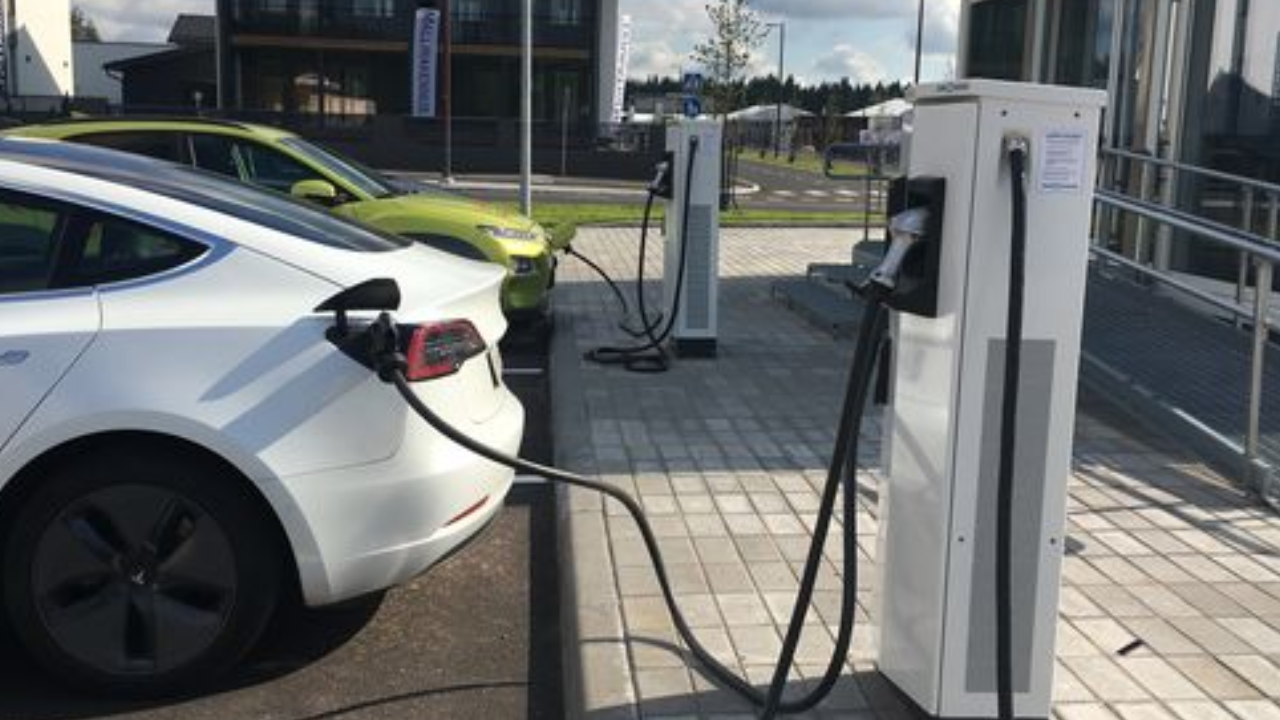An electric vehicle (EV) charging pile, sometimes known as a charging station, is a specific infrastructure providing electricity for recharging EVs. Placed thoughtfully along roads, commercial districts, and public areas, these stations feature one or more installed charging outlets. EV charging stations are necessary to support the increasing number of electric vehicles on the road and offer various charging speeds.
These charging stations are a vital component of the EV ecosystem to encourage more people to adopt electric vehicles and contribute to developing a more sustainable and ecologically friendly transportation system. They also aim to increase accessibility and convenience click to visit for additional details.
Benefits Of Electric Vehicle Charging Stations
Known by various names such as charging stations or points, electric car charging piles are essential to the widespread use of electric vehicles (EVs). The following are a few benefits of electric car charging stations:
Environmental Sustainability:
A significant benefit of electric vehicle charging stations is their ability to promote environmental sustainability. Charge stations significantly reduce greenhouse gas emissions by offering an efficient and clean means of recharging electric vehicles. Electric cars are a vital component of the worldwide effort to combat climate change because they emit no tailpipe emissions, unlike conventional gasoline-powered cars.
Decreased Air Pollution:
Electric cars help to improve air quality when renewable energy sources power them. Urban air pollution is reduced when internal combustion engines are replaced with charging piles. By reducing respiratory and cardiovascular illnesses linked to poor air quality, this pollution reduction improves public health in addition to the environment.
Energy Efficiency:
Compared to traditional gas stations, charging piles are a more energy-efficient way to refuel cars. Internal combustion engines are less efficient than electric motors due to their inherent superiority in energy conversion during the charging process. Furthermore, energy efficiency is being increased by charging technology advances, making electric vehicles more appealing and environmentally friendly.
Consumer Cost Savings:
Although the initial cost of an electric vehicle may be higher than that of a traditional car, charging it is frequently far less expensive than filling it up with gasoline. It can be particularly cost-effective to set at home during off-peak hours. As the infrastructure for charging grows, customers will gain from more competition amongst charging station suppliers, which will further reduce costs.
Convenience and Accessibility:
One factor enhancing the appeal and accessibility of electric vehicles is the growth of electric vehicle charging stations. As they become more commonplace, EV drivers will find it easier to locate and utilize charging stations for their daily commute and long-distance travel. Fast-charging technology advancements further minimize the time needed for charging, making electric vehicles a sensible option for a broader range of consumers.
Economic Growth and Job Creation:
Installing and maintaining infrastructure for electric vehicle charging supports both of these outcomes. The electric vehicle industry is fueled by the growing demand for skilled workers involved in the production, installation, and maintenance of charging stations. It also encourages entrepreneurship and innovation in the technology and renewable energy sectors, which has a knock-on effect on the economy.
Grid Integration and Smart Charging:
Electric vehicle charging stations make grid integration and intelligent charging solutions possible. Intelligent charging systems can encourage energy use more efficiently by optimizing charging schedules in response to grid demand. This integration can facilitate a more seamless transition to a more sustainable energy system by balancing the electrical grid and lowering the need for costly infrastructure upgrades.
Conclusion
With their advantages for the environment, financial savings, and economic expansion, electric vehicle charging stations are a vital component of the mass adoption of electric vehicles. The world needs to keep developing and innovating its charging infrastructure to transition to sustainable transportation and pave the way for a cleaner and more resilient future.


